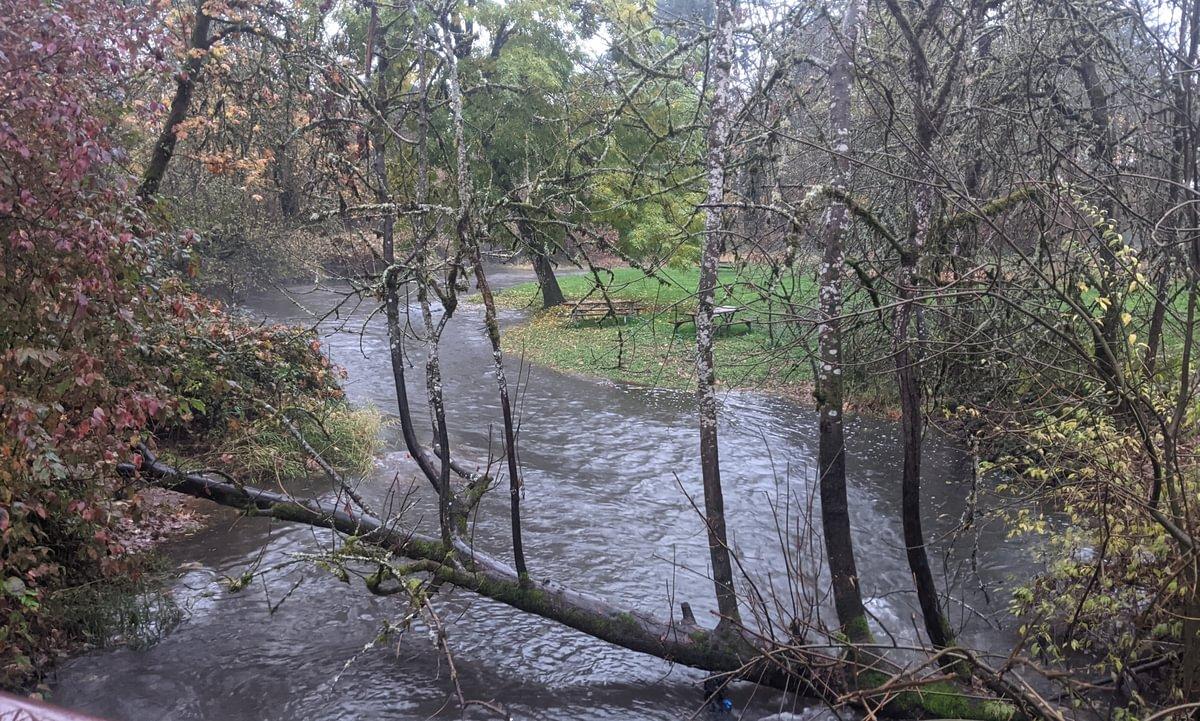-
Your Government
-
- City Council Boards & Commissions Public Meetings & Minutes Municipal Code City News
- Departments Administration Building City Recorder Elections Engineering Finance Human Resources Library
- Departments Municipal Court Parks & Recreation Planning Police Public Works Reservoir Project Urban Renewal Utilities
-
-
Our Community
-
- About St. Helens History of St. HelensState of the CityCourthouse Dock Camera
- Local Events City Calendar Community Day in the Park13 Nights on the RiverIndependence Day Celebration Spirit of HalloweentownRecreation Activities Sand Island CampingKeep It Local CC
- Community Resources City Newsletter City Social Media Emergency Services New Resident InformationProtecting Our Environment
-
-
Business & Development
-
- Local Business Directory Get a Business License City Bids & RFPs Broadband Study
- Business in St. Helens St. Helens Advantages Directions & Transportation Incentives & Financing Resources for Businesses Business Guide Columbia Economic Team Chamber of Commerce
- Current City Projects Waterfront Redevelopment Public Safety Facility Strategic Work Plan
-
-
How Do I?
-
- Apply for a Job Apply for a Committee Find A Park Find COVID Info Find Forms Follow St. Helens - Facebook Follow St. Helens - Twitter Follow St. Helens - YouTube
- Get a Police Report Get a Business License Get a Library Card Get a Building Permit Newsletter Signup Past Public Meetings Pay My Water Bill
- Public Records Request Report a Nuisance Register for Rec Activity Reserve a Park Sign Up for the 911 Alerts Universal Fee Schedule
-
Protecting Our Environment

Preventing stormwater pollution is the most effective and cost-efficient way to protect our creeks, channels, lakes, and rivers. The foundation of a successful pollution prevention program is an active, engaged public that understands the link between individual behavior and its effect on water quality and aquatic resources. An informed public also knows how to identify and report suspected illicit discharges and can help educate their own family members and neighbors about the importance of preventing pollution.
The City of St. Helens is dedicated to educating as many people as possible about stormwater pollution and how the community can do their part to help prevent it. As urban areas continue to grow, stormwater has been identified as one of the fastest growing sources of water quality concerns. Streets and other impervious surfaces constructed to serve new growth can also serve to collect and carry sediments from construction sites, oil and grease from cars, fertilizers and pesticides from yards, toxic metals from cars, and bacteria from animal waste into catch basins, storm sewers, and ditches, eventually ending up in creeks, lakes, and rivers.
This website is designed to inform our community about our stormwater system, the importance of preventing stormwater pollution from entering our waterways or stormwater systems, and to let you know what the city is doing to meet new state and federal regulations to help reduce the potential for stormwater pollution.
Please see below for stormwater pollution resources.
Remember, stormwater pollution prevention is a community effort! It takes each of us doing our small part to make a big difference.
